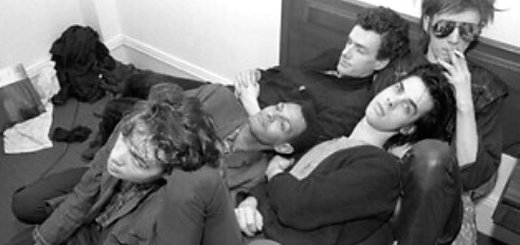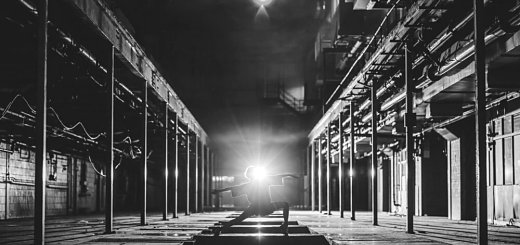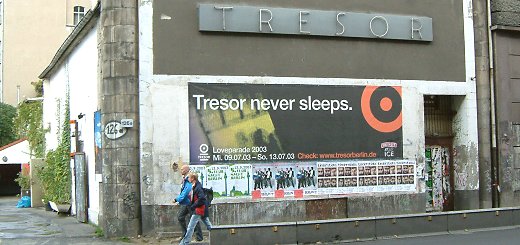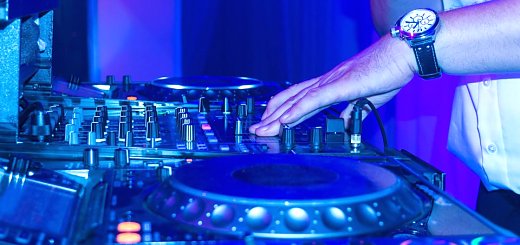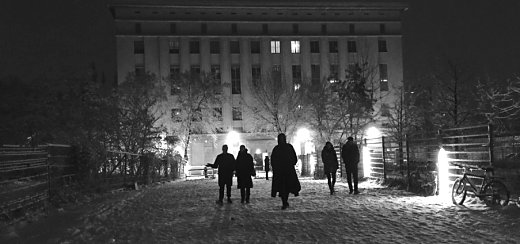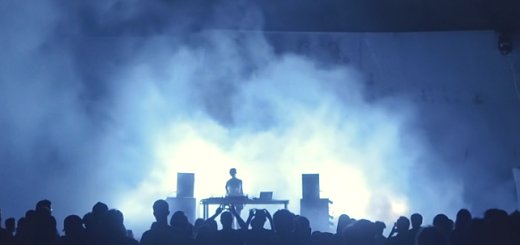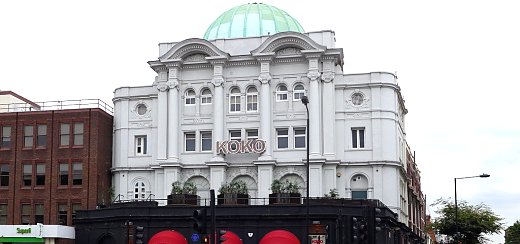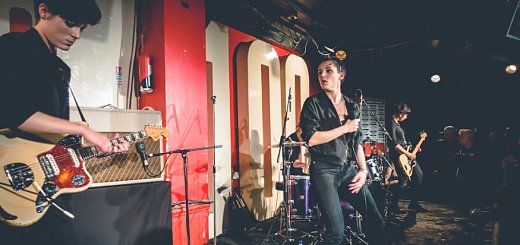How the cost of living crisis is impacting clubs, festivals, and promoters
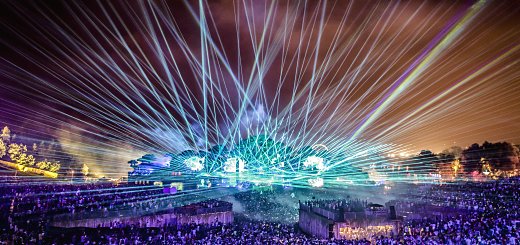
Mixmag has started the Cost of Living series exploring how the current economic crisis is impacting dance music. "Surging electricity bills, spiraling travel costs, increases in the price of goods and services and a dramatic change in crowd habits have hit an industry still reeling from lockdown to near-breaking point" - Mixmag underlines the environment clubs and promoters are having to deal with. Interesting phenomena is occurring with festivals: "A number of club-focused promoters appear to have turned their attention to putting on festival-like 'day parties' since the end of lockdown... As disposable incomes become tighter than ever, the 'day festival' gives attendees the chance to attend a festival — but without having to add on extra costs such as transport and accommodation, and the chance to pre-drink and pop off home without the Monday morning dread knowing they have to pull a shift in a few hours, or inadvertently spend hundreds at the bar".

